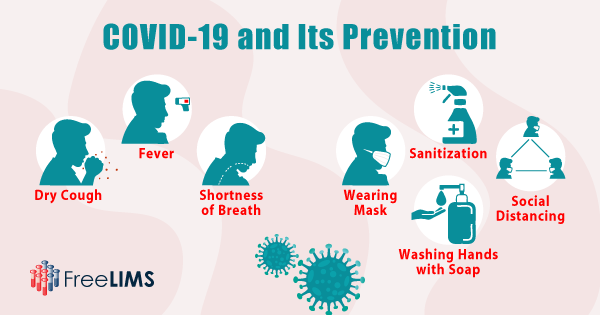What is COVID-19?
COVID-19 or coronavirus disease is a highly infectious disease caused by Severe Acute Respiratory Syndrome Coronavirus 2 (SARS-CoV-2). The new virus was not known to infect humans before the outbreak began in Wuhan, China, in December 2019. COVID-19 has infected millions of people across the globe and has caused thousands of deaths.
What Happens When You Get the Coronavirus Disease?
People with COVID-19 generally develop signs and symptoms, including respiratory distress, dry cough, and fever, muscle pain, about 5-6 days after infection. In children, the disease may express itself with skin rashes, nausea, and diarrhea.
How Does COVID-19 Spread?
COVID-19 is mainly transmitted through droplets generated when an infected person coughs, sneezes, or speaks. The droplets can land on another person’s eyes, nose, mouth, or can be breathed in or a healthy person can touch them on a surface on which they are still live.
Download the infographic to learn more.


